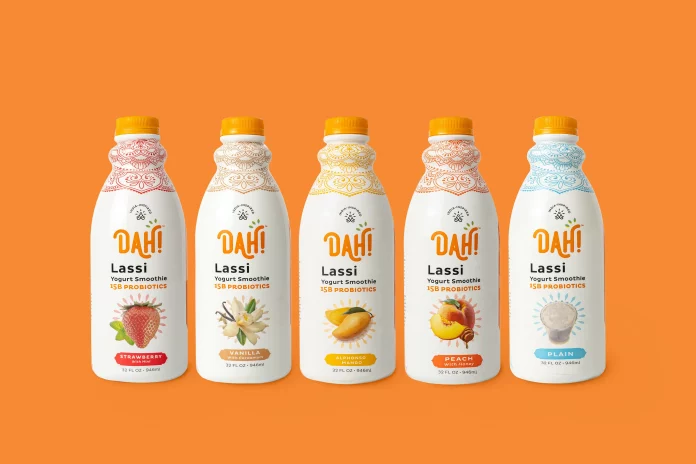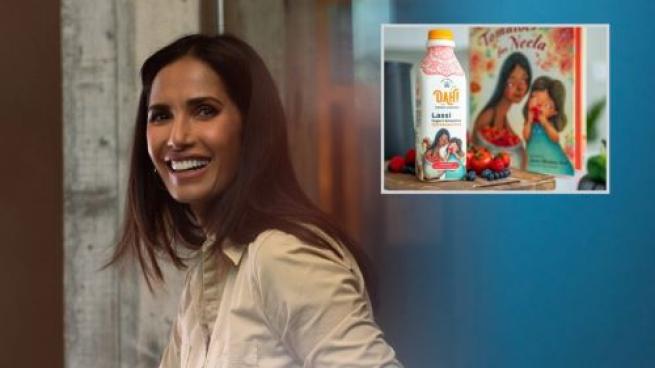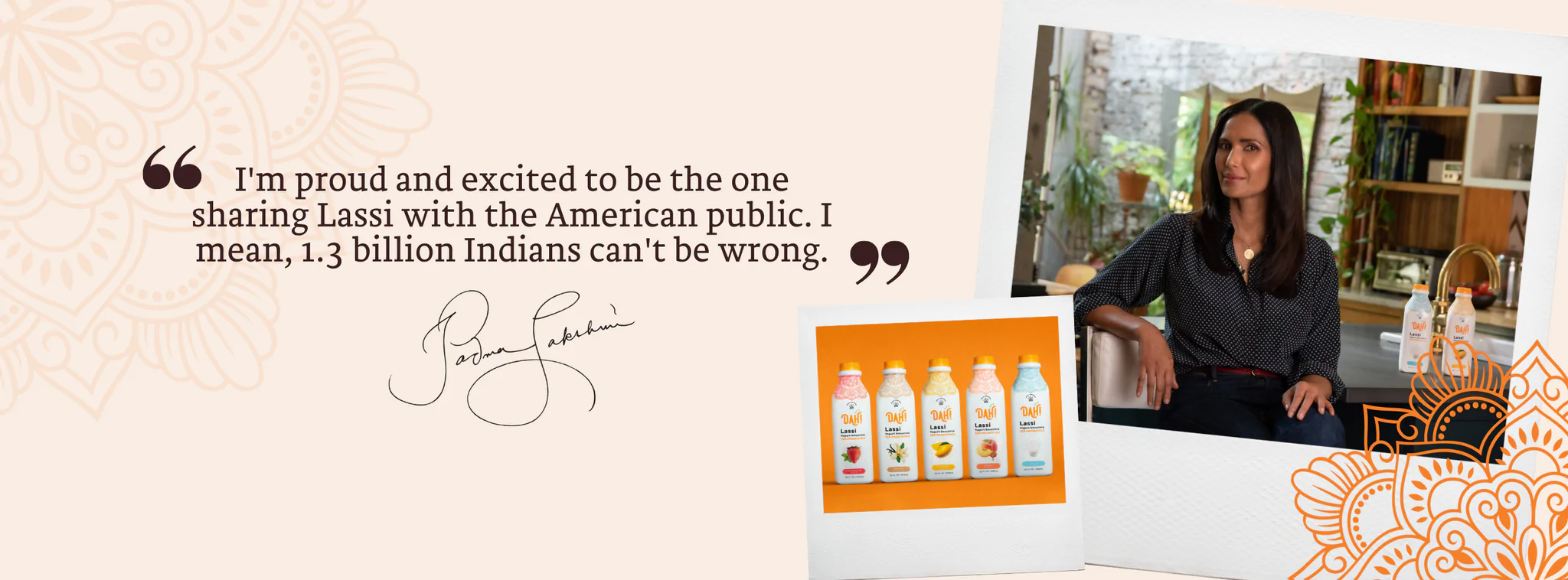As a part of our series where we interview Women entrepreneurs and go beyond just the logo and name of the company, I got an opportunity to interview Pamela K. Goldberg.
Pam joined DAH! as CEO in April 2020 following a successful career at Mondelez International (formerly Kraft Foods.) And who’s better than Pam to tell you about her journey.
Instead of going for something fancy or complicated, as most businesses do, you kept your company’s name simple and neat. How did you decide on the name?
Thank you for the compliment. We love our company’s name as well. As you know, the Hindi term for curd or yogurt is Dahi. We added a little twist on it and flipped the “i” into “!”. It represents the modern approach of our company to introduce Indian-style yogurt to the American consumer while bringing something a little different, new and modern.
What is an important lesson you’ve learned from running your own business?
One of the most important lessons I have learned is that when you are running your own business, at the end of the day, all decisions come to you. You are not always going to have all the answers or have all the data required to make these decisions, but you have to trust your gut. You can’t fixate on each decision and know that you’ll be learning and improving a lot in your way.
What challenges did you have to face while building this business?
There are lots of challenges for small businesses, especially in this economic climate, you have pressures in the supply chain, and lots of issues around the availability of ingredients and supplies so it’s really important to find secondary suppliers and plan ahead of time. But I think the biggest challenge that you face as a small business is that you have to be really loud while marketing your business because you have to compete with large enterprises. So you have to be more creative and loud with less budget to engage retailers and consumers. One of the ways we tried to overcome this challenge was to know who we are as a brand, being true to our values and finding a partner that can represent those values and have a large number of following. For us, that partner was Padma Lakshmi. We knew that what she stood for matched with what we stood for so we reached out to her and now she is our board advisor and a very strong brand partner.
So, I think the lesson here is you are going to face challenges with the smaller budget going against bigger brands but you need to learn how to be resourceful and creative and find a partner who matches what you stand for.
What is the best business advice you would like to give to those who are planning to start out?
The two important pieces of advice that I would like to give is to get guidance, particularly for areas that are not your strongest suit, so that you can move forward with confidence and clarity.
The second piece of advice I would say is don’t be afraid to leverage your friends and family. I see friends and family as a built-in focus group, content providers, influencers, and your own little group of advertisers. So use them to build and spread the word about your brand.
What does success mean to you?
For me, success in the context of DAH! is building this brand in the USA. Success is getting all Americans to love lassi and seeing appreciation for this part of Indian cuisine. And seeing the accomplishment of the team and the DAH! family.
What would you say are the top 5 skills needed to be a successful entrepreneur, and why?
The first skill I would say to be a successful entrepreneur is resourcefulness. As a small business, you are likely to have a smaller budget and less access to agencies. You’ll need to find ways to reach your goals and accomplish your marketing agenda.
The second one I’d say is drive. You have to have a lot of motivation and dedication to achieve your goal. This goes hand in hand with the third skill which is passion. You have to be your company’s biggest supporter and cheerleader. You must be able to build a team that is just as passionate as you.
The fourth skill is frugalness. You need to be smart with every dollar you spend and make every dollar work harder than it would for a larger company.
The fifth is being true to who you are and what your brand stands for. Never compromise on your values.




